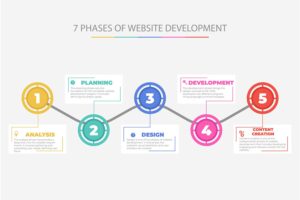On June 15, 2025, the UK government introduced Humphrey, a new AI toolkit designed to enhance civil service efficiency across departments in England and Wales. Built in partnership with OpenAI, Anthropic, and Google, the initiative aims to automate tasks such as meeting transcription and document summarization
Development & Rollout
Humphrey is deployed widely across government agencies, backed by training for every civil servant. Operating under a flexible “pay-as-you-go” model via existing cloud contracts, this minimal initial investment allows scalability while introducing dependencies on big tech providers
Concerns & Criticisms
- IP Rights: Fears have been raised that Humphrey’s internal data ingestion could infringe on copyrighted materials—particularly creative works that are not explicitly opted-out .
- Oversight & Bias: Rights groups, including ACLU-style watchdogs, warn against overreliance on untested AI, citing risks of incorrect outputs, lack of transparency, and systemic bias .
- Commercial Clarity: Critics argue better safeguards and public–private agreements are needed to protect institutional data and intellectual property before full AI integration .
Potential Benefits
Despite concerns, stakeholders tout several upsides:
- Cost Efficiency: Automating admin-heavy tasks could reduce public sector expenses and free up staff for critical roles.
- Speed & Accuracy: Standardized AI tools may enhance consistency in documentation and minimize manual errors.
- Innovation Precedent: Early adoption of Humphrey positions the UK ahead in establishing national AI governance frameworks.
Broader Implications
- Global Benchmarking: The UK’s model could influence international governments and corporations on integrating AI responsibly.
- Creative Sector Backlash: Artists and creators advocating for data opt-outs view this expansion as a slippery slope for unlicensed content use theguardian.com.
- Policy Response: Calls are growing for tailored legislation that marries innovation with IP and privacy protections.
What Lies Ahead
- Licensing Talks: Government may negotiate bespoke licensing models with content owners to address IP concerns.
- Audit & Ethics Frameworks: Comprehensive transparency practices—including AI log and outcome insights—will be essential to manage bias and protect users.
- Public Sentiment: Civil servant and citizen feedback may significantly influence how quickly and widely this toolkit rolls out.





